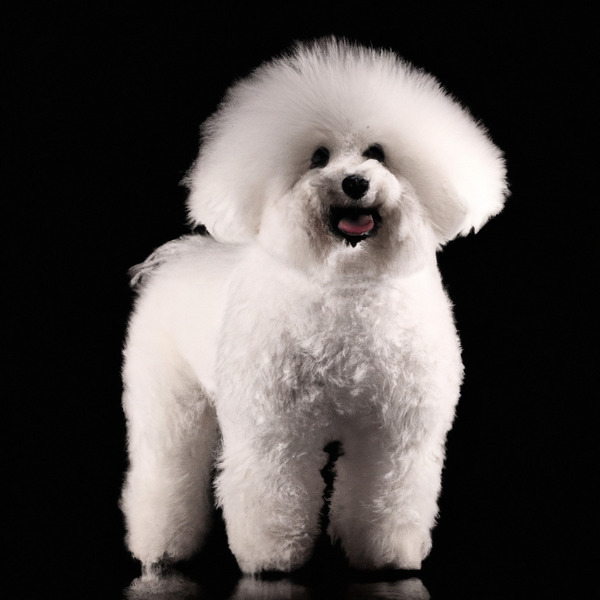Bolognese vs. Reagle: Breed Differences and Similarities
Hypoallergenic
Are Bologneses or Reagles hypoallergenic, or neither?
While no dogs are truly 100% hypoallergenic, Bologneses are about as close as it gets, making them an ideal pet if you are an allergy sufferer.
Unfortunately, the Reagle is not hypoallergenic, making it not a good choice for a dog lover who suffers from pet allergies.
Watchdog Ability
Which dog breed makes a better watchdog, the Bolognese or Reagle?
Bolognese and Reagle are very good watchdogs. They are a vocal breed and are wary of outsiders, so if someone approaches your home or aims to intrude, these breeds are going to make sure everyone knows about it.
Ancestry
What are the origins of Bolognese and Reagle breeds?
Bichon Frise, Maltese
Beagle and Rottweiler
Date of Birth
When were Bolognese and Reagle breeds first developed?
1200s
Unknown
Eye Color Possibilites
What are the eye colors of Bolognese and Reagle dogs?
Brown
Brown
Amber
Nose Color Possibilites
What are the natural nose colors of Bolognese and Reagle?
Black
Black
Brown
Coat Color Possibilites
What are the natural colors of the coat for Bolognese and Reagle breeds?
White
Black
Fawn
White
Coat Length
What is the typical coat length for Bolognese and Reagle breeds?
Bologneses are known for their coat length.
Reagles have medium-length coats.
Coat Density
What is the density of the coat of Bolognese and Reagle?
Coat Texture
What is the hair texture of Bolognese and Reagle?
Curly
Straight
Litter Size
What is the usual litter size for Bolognese and Reagle?
A Bolognese can have a litter of 12-14 puppies on average. However, it's worth noting that the size of the litters can vary greatly. Factors that can influence litter size include the health of the mother, breeding history, and genetics.
A Reagle can have a litter of 2-14 puppies on average. However, it's worth noting that the size of the litters can vary greatly. Factors that can influence litter size include the health of the mother, breeding history, and genetics.
Major Concerns
What are the major health concerns for Bolognese and Reagle breeds?
Patellar Luxation
Progressive Retinal Atrophy
Cataracts
Hip Dysplasia
Legg-Calve-Perthes Disease
Osteosarcoma
Hip And Elbow Dysplasia
Bloat
Subvalvular Aortic Stenosis
Congenital Heart Defect
Lymphoma
Invertebral Disc Disease
Minor Concerns
What minor health issues should be kept in mind when owning Bolognese and Reagle?
Otitis Externa
Allergies
Entropion
Panosteitis
Progressive Retinal Atrophy
Glaucoma
Epilepsy
Von Willebrand's Disease
Osteochondritis Dissecans
Occasional Tests
What occasional tests are recommended for Bolognese and Reagle breeds?
Eye
Hip
X-Rays
Eye Examination
Dental Examination
Eye
Hip
Elbow
Blood
Heart
X-Rays
Eye Examination
Physical Examination
Energy
How do the energy levels of Bologneses and Reagles compare?
Bolognese and Reagle breeds are known for their high energy levels, so if you're looking for a more low-key dog, these breeds may not be the best choice.
Exercise Needed
Bolognese vs Reagle exercise need comparison.
The Bolognese and Reagle breeds need significant physical activity to maintain a healthy lifestyle. They are well-suited for those who lead an active lifestyle and enjoy activities such as running, hiking, or other outdoor pursuits.
Tendency to Bark
Do Bologneses or Reagles bark more/less frequently?
Bologneses bark moderately when necessary and may also bark due to certain triggers like fear, alarm, boredom, greeting, separation anxiety and compulsive barking.
The Reagle is a vocal breed that frequently barks and howls, and may not be suitable for those seeking a quiet companion.
Past times
What are some enjoyable activities and ways to keep Bolognese and Reagle entertained?
Sniffing, Going Outside, Watching TV, Swimming, Hanging out, Playing fetch, Walking, Grooming
Chase, Fetch, Walks and runs, Toys, Dog Parks, Walking, Walk, Play, Tug-of-war, Hide & Seek, Off-leash, Cuddling, Herds chickens, Catch treats, Swim, Lounging, Car rides, Ball, Eating Snacks, Fetching, Frisbee, Run, Tug of war, Jogging, Hide and seek, Road trip, Sleeping, Long walks, Hikes, Nap
Activity Level
Which breed has higher energy, Bologneses or Reagles?
Both Bolognese and Reagle are medium-energy dogs that enjoy socializing and playing with other dogs. They may engage in casual or sustained games of chase, and occasionally have bursts of barking or racing around the house.
Walks per Week
How many miles should Bolognese or Reagle walk each week?
There's really no limit to how far you walk your dog as long as they're comfortable. For Bolognese, it's at least 7 miles / week. Just remember to build distance and stamina gradually over time.
There's really no limit to how far you walk your dog as long as they're comfortable. For Reagle, it's at least 10 miles / week. Just remember to build distance and stamina gradually over time.
Activity per Day
Do Bologneses or Reagles require more exercise?
Both Bolognese and Reagle typically require a minimum of 60 minutes of exercise each day. The exercise can be spread throughout the day and may involve high-energy activities like walking, running, and playing.
Grooming
Which breed is easier to maintain in terms of grooming, Bologneses or Reagles?
Bolognese and Reagle are breeds of dogs that do not require extensive grooming.
Brushing Frequency
What is the recommended brushing frequency for Bolognese and Reagle dogs?
Ideally, both Bolognese and Reagle should be brushed at least 2 or 3 times a week (preferably daily) to improve shedding.
Brushing Tools
What brushing tools are used for Bologneses and Reagles?
Pin Brush
Comb
Clipper
Nail Clipper
Slicker Brush
Deshedder
Nail Clipper
Cups
How much food should be given to Bolognese or Reagle in cups?
For an average 5-10 pound (2 - 5 kg) Bolognese feed 1 cups daily. But, keep in mind, the amount you feed is going to be dependent on the quality of the food you are feeding.
For an average 50-85 pound (23 - 39 kg) Reagle feed 2.5 cups daily. But, keep in mind, the amount you feed is going to be dependent on the quality of the food you are feeding.
Daily Cost
Which breed has a higher daily cost, Bolognese or Reagle?
The average cost of a Bolognese is somewhere $1.10 - $1.40 per day.
The average cost of a Reagle is somewhere $2.00 - $2.10 per day.
Monthly Cost
Which breed has a higher monthly cost, Bolognese or Reagle?
The average per month expenses of a Bolognese is between $28 - $42. This makes an average of $336 - $504 per year. It will be on the higher side when the dog is still small because it will need more frequent visits to the vet, shots.
The average per month expenses of a Reagle is between $42 - $55. This makes an average of $504 - $660 per year. It will be on the higher side when the dog is still small because it will need more frequent visits to the vet, shots.
Intelligence
Comparing Intelligence: Bologneses vs Reagles
The Bolognese and Reagle breeds are considered highly intelligent and very easy to train.
Affection Dependance
Which is the more affectionate dog breed: Bolognese vs Reagle?
Dog Friendly
Which breed is more sociable with other dogs: Bolognese or Reagle?
{Bologneses and Reagles are average friendly towards other dogs. If they are raised with other dogs, they are likely to get along with them. And, if they are socialized properly from a young age, they will usually be great with other dogs.
Playfulness
Which breed is more playful between Bolognese and Reagle?
Bologneses have an average level of playfulness, enjoying playtime like most dogs but not excessively so.
Reagles are a playful breed that needs daily playtime to be happy.
Trainability
How do the trainability levels of Bologneses and Reagles compare?
Bologneses are usually easy to train but require consistency to fully obey commands.
Reagles are popular for their ease of training and quick learning ability.
Compare Bolognese with other breeds
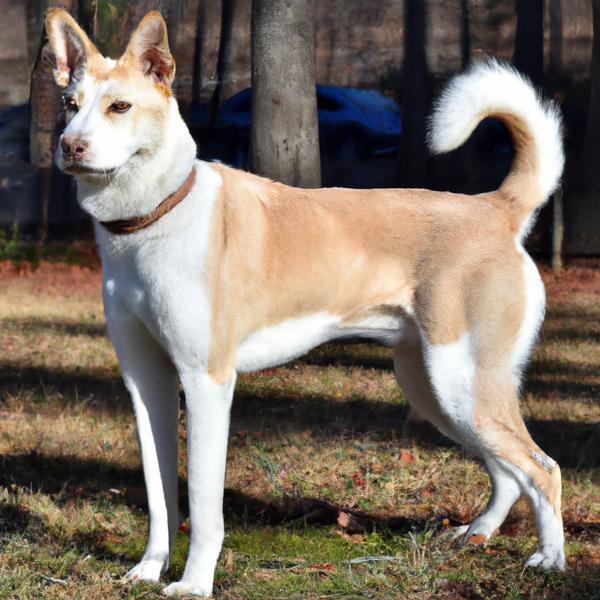
Canaan
Bolognese vs Canaan
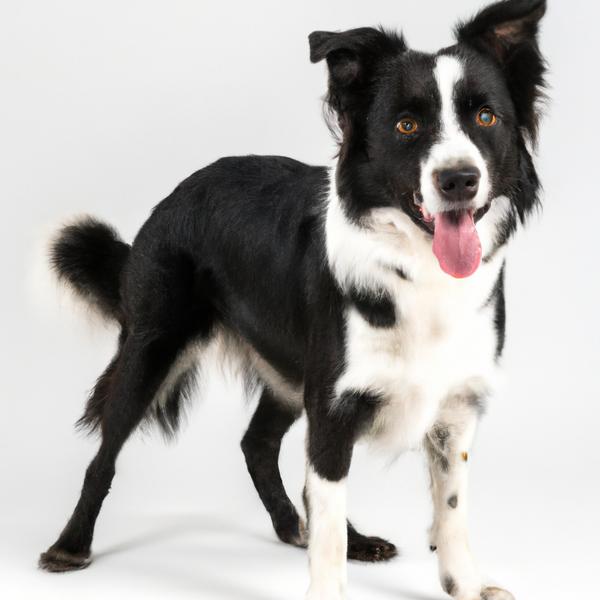
Border Point
Bolognese vs Border Point
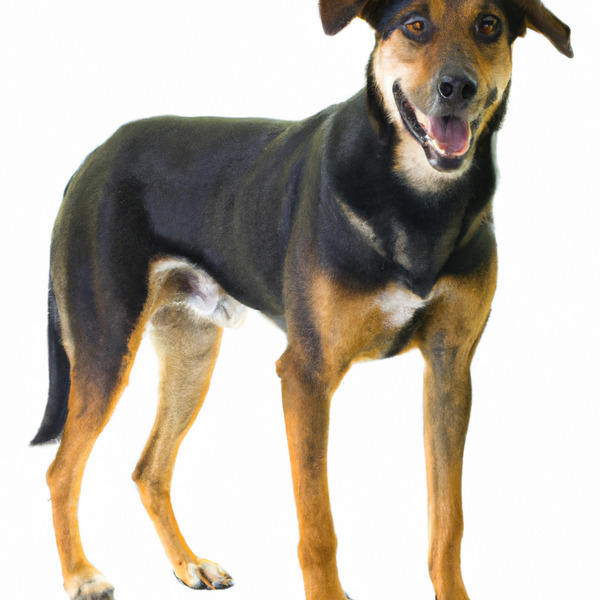
Huntaway
Bolognese vs Huntaway
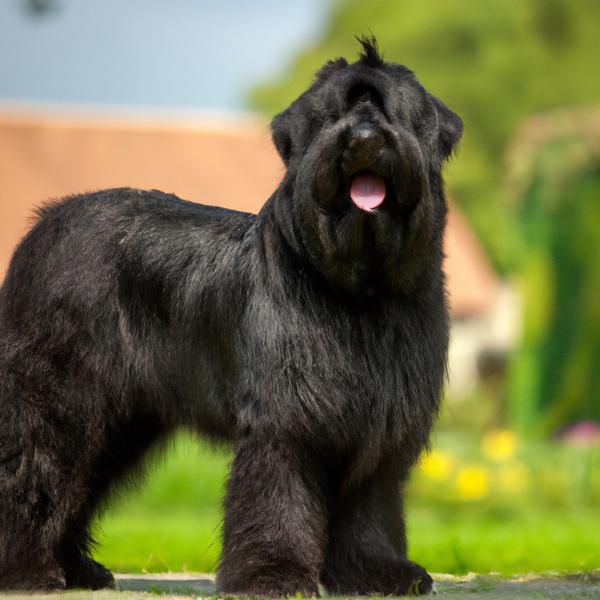
Giant Bolonauzer
Bolognese vs Giant Bolonauzer
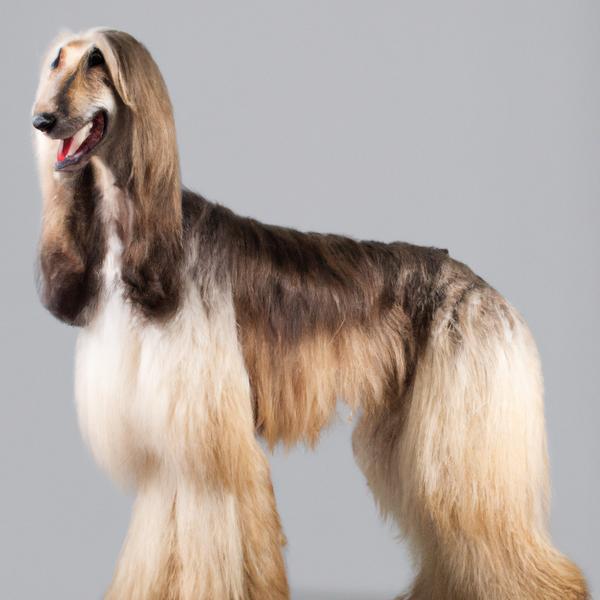
Afghan Hound
Bolognese vs Afghan Hound
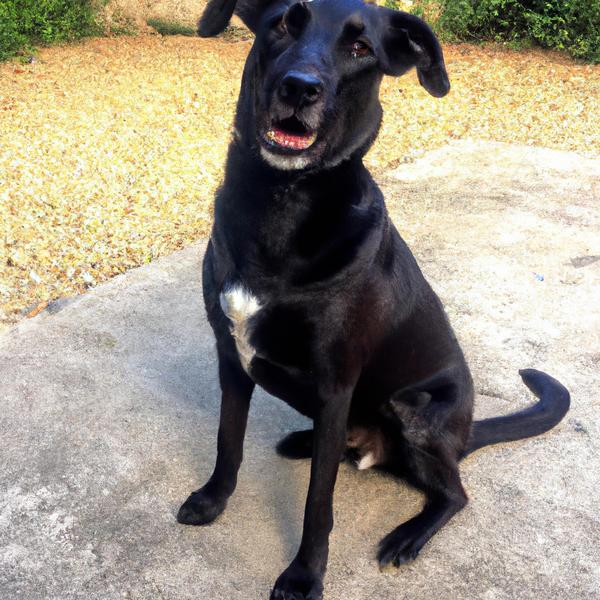
Labollie
Bolognese vs Labollie
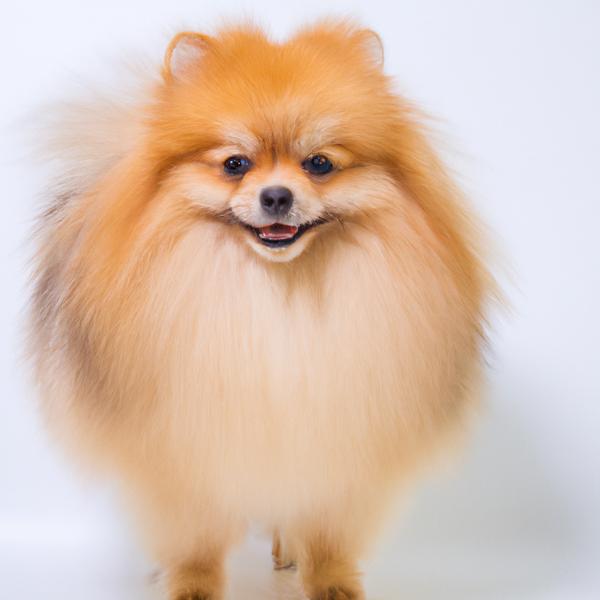
Pom-Kee
Bolognese vs Pom-Kee
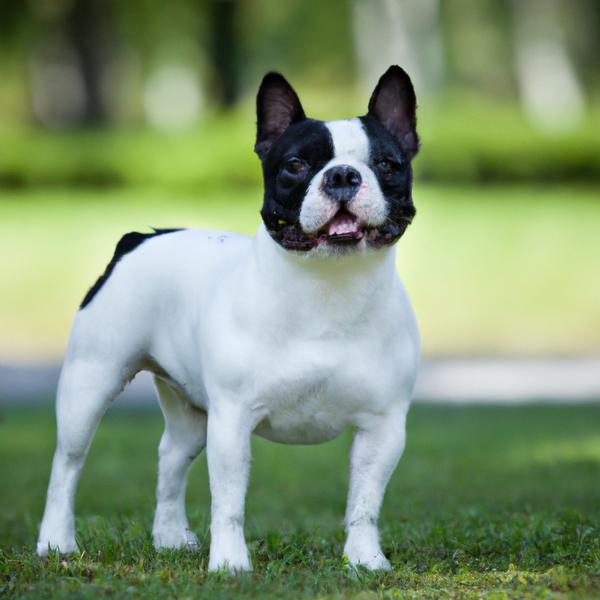
American French Bull Terrier
Bolognese vs American French Bull Terrier
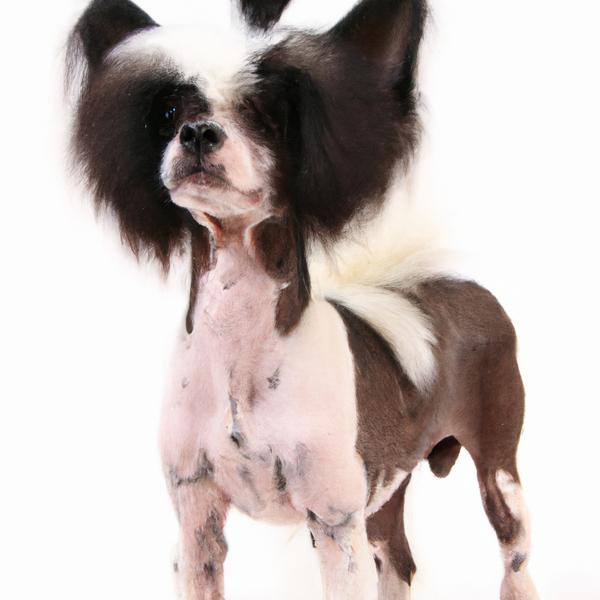
Peruvian Inca Orchid
Bolognese vs Peruvian Inca Orchid
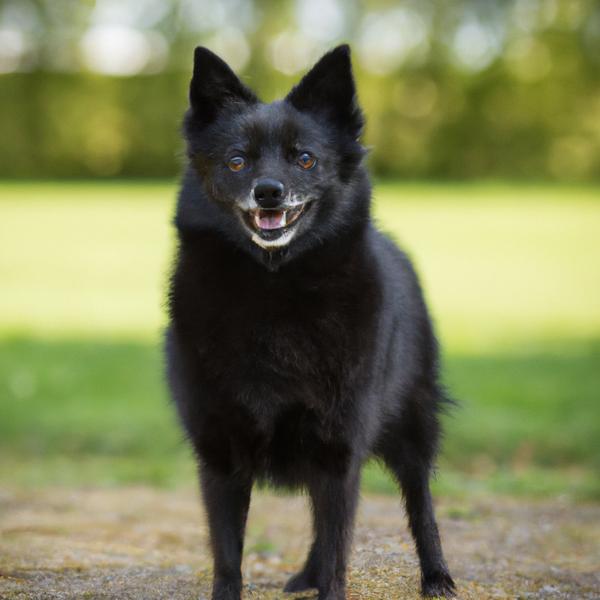
Schipperke
Bolognese vs Schipperke
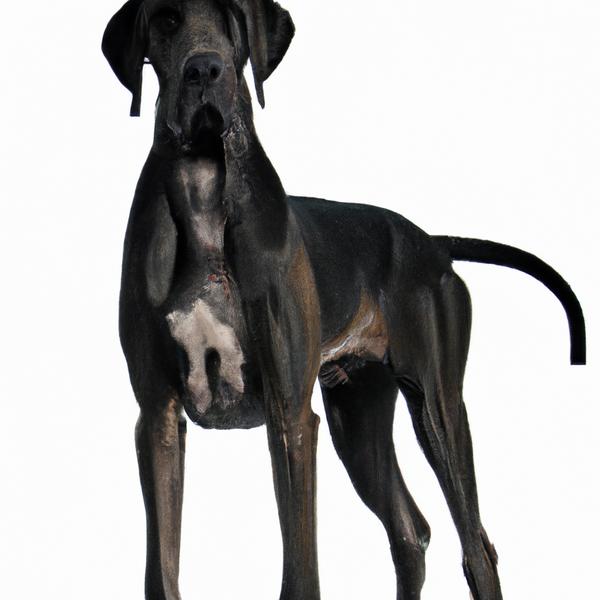
Cortese
Bolognese vs Cortese
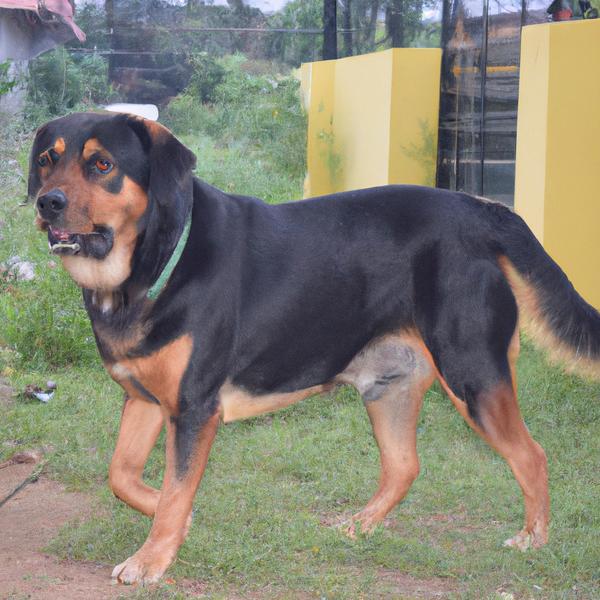
Reagle
Bolognese vs Reagle
